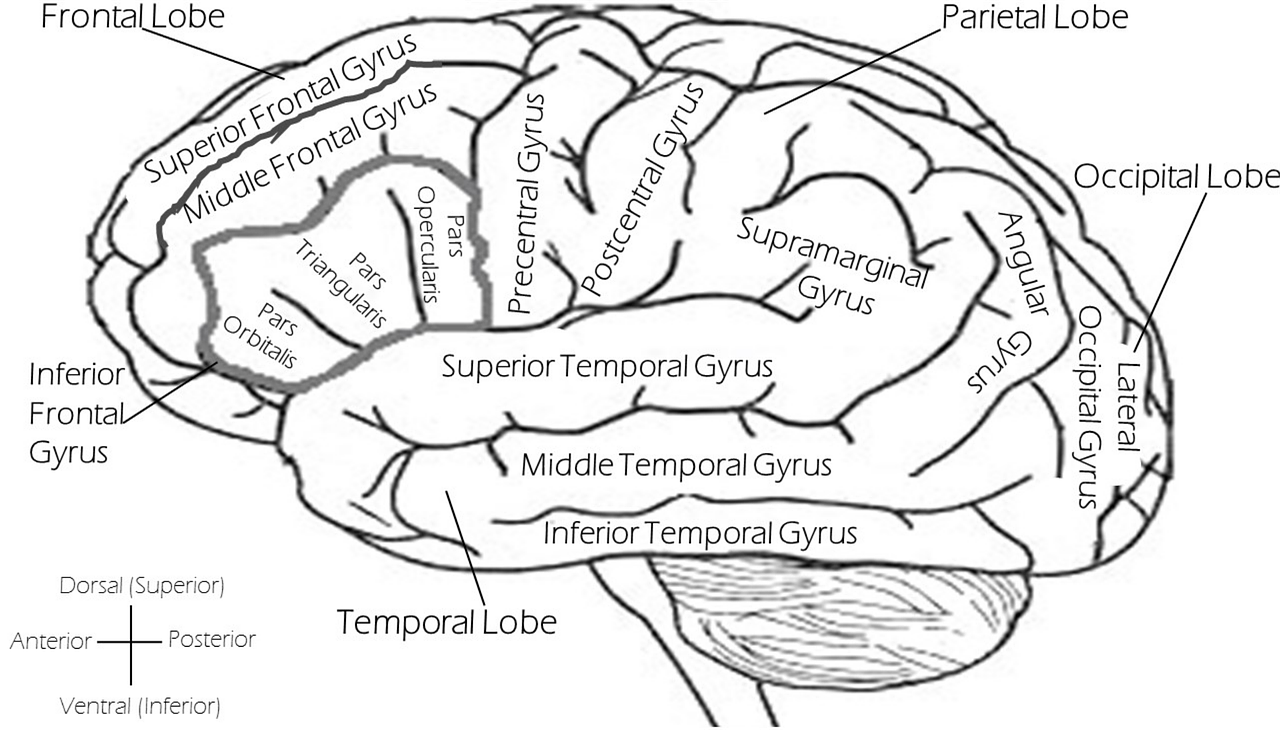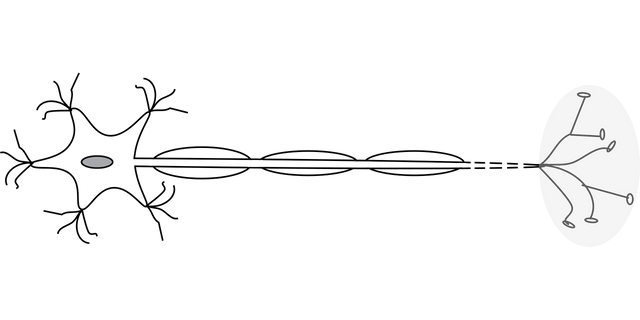Effect of internet on our brain
![]()
Internet
"Does the Internet make it stupid? This is the slightly provocative title of a best-seller of the American essayist Nicholas Carr. Drawing on scientific studies conducted across the Atlantic, he shows how the use of the Internet has made a real "revolution" in our brain.
Eminently plastic, this organ would have already adapted to the intense use of new technologies, as it did in the past with the invention of writing or with the development of reading.
The new digital tools would have altered the functioning of our memory, our attention and, deeper, our intelligence, our way of understanding the world and thinking about it. According to him, "digital native" would be true mutants.
Internet has an impact on our memory
Recent research in neuroscience has shown that neuronal connections constantly change according to our experiences, but also the tools used. A new study by Betsy Sparrow of Columbia University in the United States (published this summer in "Science," and reprinted in "Research" in September) demonstrated that the Net had an impact on our memory.
When you ask tough questions to students, for example, they will immediately pick up the answers on Google; And most importantly, they quickly forget the information found, provided that they are assured that they have been recorded on their computer. They therefore rely on these external memories to supplement theirs.
Can this phenomenon affect our ability to remember? Francis Eustache, director of a research unit on memory at Inserm (2), feared him.
"We have always turned to the external storage of memory: the entourage, books ... But with the Internet, we are witnessing a revolution greater than that of printing, because its use has become massive and easy. Connections within our brain may change. The risk, in fact, is that the memory treats the information superficially. However, it operates through permanent syntheses, and in order for these to be done, the information has to be treated in depth, have been integrated. Francis Eustache thus recalls the need to "continue learning, including by heart", in order to build this indispensable "hard core of knowledge of our own".
A fragmented reading to the detriment of a linear reading
Moreover, the Web is used to a fragmented reading at the expense of a linear reading, which hampers understanding and scatters attention. Many students are struggling today to read long texts.
They were able to jump from one Web page to another, with multiple windows open on their screens, but they would have developed the ability to simultaneously carry out several activities: tapping SMS or communicating on Facebook while doing homework, and while watching TV.
Various studies destroy this myth of "multitasking" "We can not do several things at the same time and do them well. Unless this is a highly automated behavior, "says Jean-Philippe Lachaux, director of neuroscience research in Lyon (3). Like to pass a speed while driving.
"But it is very difficult to carry out two very complex activities. One can get a text under dictation, while reading another, for example, by training. But it seems that we can not develop a general capacity for multitasking: the plasticity of the brain has its limits ... "
An unusual flood of information
The smartphones would thus subject our brain to an unusual flood of information. "This creates a new problem for him," says Jean-Philippe Lachaux. And could modify the functioning of certain brain circuits, especially in children.
"The brain's response is to select the most relevant information," says the specialist. And this selection takes place in two brain systems, according to different criteria, one evaluating the long-term benefits, the other short-term satisfaction.
Jean-Philippe Lachaux has the "strong intuition" that on a brain in full development, too accustomed to immediate gratifications, "a bias can be made in favor of the system privileging the benefit in the short term", to the detriment of activities more demanding.
This way you can become dependent on your smartphone, with the need to consult it constantly, compulsively. "Children's attention needs to be educated more than ever," he warns, "to teach the brain to prioritize its priorities and focus on the most relevant activity: a text that is being read by example. "
Yet, new technologies do not only have perverse effects. The practice of video games and 3D increases the capacities to be spotted in space, reactivity, hand-eye coordination ... And the paleoanthropologist Yves Coppens regularly praises digital intelligence, "the intelligence of the fingers" Of today's children.
Young people better armed to face this world of speed
Faced with the Cassandra who predict its decay, the younger generation is beginning to react. Rafik Smati, 36, president of the Aventers Internet Group, in his book Eloge de la vitesse - The Revenge of the Text Generation, shows how Generation Y youths, who are frequently described as uneducated, are better equipped to cope This world of speed and movement.
According to him, they would be more responsive, more able to make decisions and above all more creative. "Young people of this generation who write in texto, also think in texto: they develop a spirit of synthesis, are able to treat several subjects at the same time; They deepen less, but they associate ideas with each other in a completely new way. (...); The human brain is adapting and that's fine. "
The neurobiologist Jean Rossier, member of the Academy of Sciences, also wants reassurance. "We must accept cerebral plasticity. Violinists, basketball players, or tennis players do not have the same brain. The digital natives either. Young people learn and think differently. Is it good, is it an evil? I do not think we should be alarmed. "
"There are already electronic systems, which make it possible to drive machines - chairs of disabled people for example - through the muscles of the skin; Or which allow paraplegic patients to direct a cursor on a computer screen.
Currently, in the United States, researchers are able to take the information directly into the brain. It is no longer futurism: one could imagine taking the information directly in the cortex and transforming it into words. "
But he remains optimistic about the ability of man to master the machine, even though, no doubt, man will entrust to him an increasingly important part of his brain ..





Another Nice Article Again Friend. Keep up the good work.